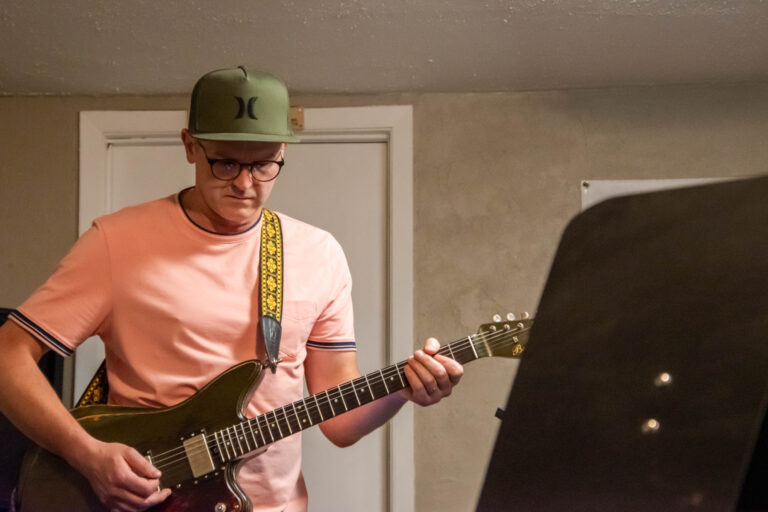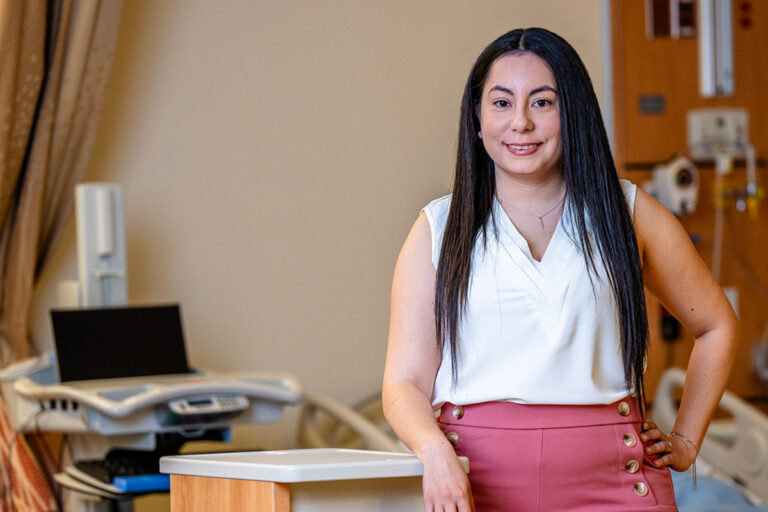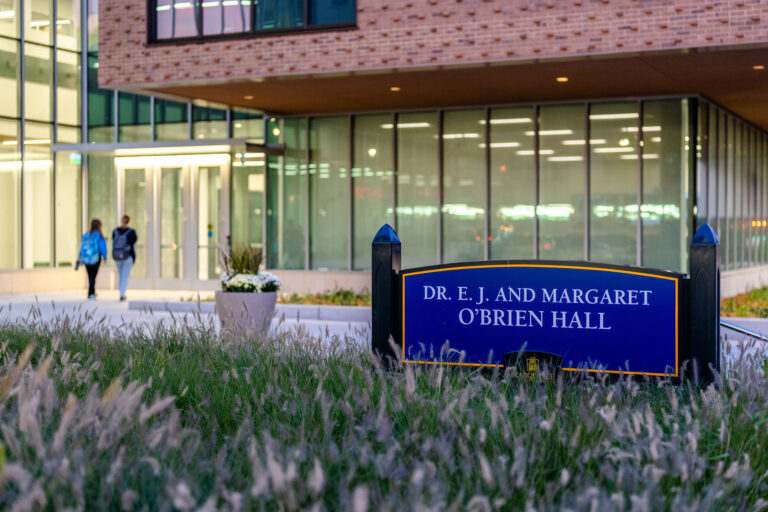Researchers collaborate to study and promote mindfulness training among student-athletes.

By Lauren Herb Schudson, Grad ’97
The practice of mindfulness can bolster one’s sense of well-being and reduce stress and anxiety. Counseling students learn it as part of their counseling skills repertoire. But now some Marquette athletes are practicing mindfulness too. What gives?
“College is demanding enough, but student-athletes have the added stress of a training program and always being assessed, always wondering if they’re doing enough. It distracts from the actual experience,” explains Dr. Karisse Callender. She and Dr. Lee Za Ong, both assistant professors of counselor education and counseling psychology, are collaborating to bring mindfulness skills to athletes.
“Previously, an associate director of athletics asked for help in improving athletes’ listening skills, so they could better support each other with feelings from injuries and game losses,” Ong says.
With Dr. Praveen Madiraju, associate professor of computer science in the Klingler College of Arts and Sciences, Ong applied for and was awarded an NCAA research grant to help support a student health ally and peer educator group by providing peer support skills training. When the COVID-19 pandemic hit, they conducted the pilot project virtually and completed it in May 2021.
“We discovered students not only needed to learn how to listen without judging or providing advice, but to also take care of themselves before tending to others,” Ong, Grad ’14, says.
Aware of Callender’s mindfulness training, Ong solicited her help in teaching student-athletes how to be fully present in the moment, to support their peers but also to teach them how to give their undivided attention to the games they’re playing. The two now are working on a Marquette Athletic and Human Performance Research Center pilot award study called Student Health Allies and Peer Educators Competencies and Mindfulness Training and Its Effect on Their Mental Health.
“The previous study provided the foundation for this pilot, which includes listening, basic counseling and now mindfulness skills,” Ong says. According to Callender, it is important when being present with others to be able to sit with the feelings that come up, help them stay in the moment with what they feel like, and investigate the experiences with gentle curiosity and without judgment. “To do that, you need to know how to nurture yourself with compassion as well and tell yourself this will be OK. It won’t last forever,” Callender says.
“It’s hard because we’re wired to want to solve the problem or rescue people, but mindfulness means allowing someone, or yourself, to experience the feelings on their own terms,” Ong adds. If the student-athletes learn and practice these skills, they can apply them in other situations and with other people well into the future.
The AHPRC pilot workshops began this fall with 20 to 25 student-athletes and will wrap up this spring.




